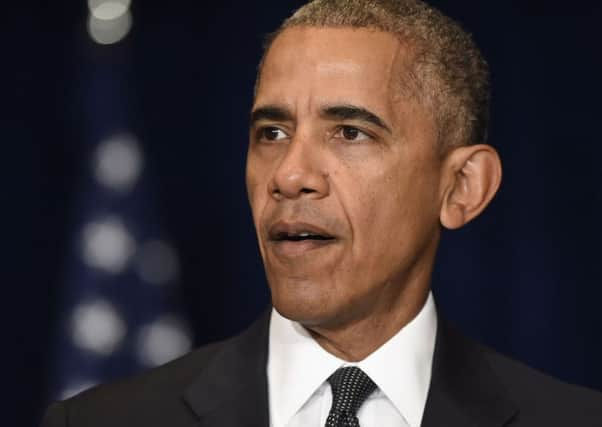Stewart Lansley: A universal basic income would pay off


A universal basic income (UBI) would pay every individual, as of right, a tax-free, unconditional and non-contributory weekly income, irrespective of how much they earned or their work status. Aimed at guaranteeing a no-strings-attached minimum secure income for all, a UBI would aim to strengthen the existing social security system and involve a profound revolution in the way income support is organised.
The recent revival of this long-debated idea can be attributed to a number of factors. These include everything from concerns about the disruptive impact of the new machine age and the growth of more fragile economies to the rise of institutionalised inequality and the increasing inadequacy of modern social security systems to deal with these growing risks.
Advertisement
Hide AdAdvertisement
Hide AdHowever, a UBI is not just about finding a practical solution to the rise of a more precarious world, and the impact of accelerating automation. Supporters stress the way it would transform the nature of choice, offering people greater flexibility between work, leisure (and let’s not confuse leisure with idleness), education and caring.
Because of its potential to help build better societies, the idea has been gaining support across the globe. It now has the backing of figures as diverse as Bishop Desmond Tutu and a number of Nobel laureates in economics.
Barack Obama has said it will be a central policy debate of the next two decades, while a host of Silicon Valley business magnates – including Facebook’s Mark Zuckerberg – are also converts, some of them backing it through their own pockets. They join a long list of advocates over the last century from Bertrand Russell and JK Galbraith to Martin Luther King Jr and the American Nobel laureate in economics Paul Samuelson.
The surge of interest has led to the launch of seven pilots, of varying forms and ambition, in a mix of developed and developing countries, from Finland and Canada to the Netherlands and Uganda. Funded by national governments, by crowd-funded charities and wealthy industrialists, these social experiments – which will tell us a lot about how it would work in practice – are having a galvanising effect on the UBI debate.
Advertisement
Hide AdAdvertisement
Hide AdNevertheless, the idea continues to divide opinion. Opponents include the Labour MPs Chuka Umunna and Jon Cruddas and such a scheme is not a silver bullet – it cannot alone deal with all the faults of today’s economic and social systems.
Yet, while advocates believe that it would be a springboard for progressive change, even some of its sternest critics acknowledge UBI’s merits: that it would provide, for the first time, a guaranteed, if modest, income base; that it would be a charter for freedom and choice; that it would bring financial support for the mass of unpaid work from childcare to voluntary help disproportionately undertaken by women; and that it would remove some of the negative elements of the current intrusive and punitive system of social security.
Today the debate about UBI is moving on from questions of desirability to those of feasibility. Is it affordable? Could it work in practice? Would it deliver on its promise to reduce poverty and inequality?
There are many different models of a UBI, offering different degrees of radicalism. There is a growing acceptance that a “big bang” approach that sweeps away large parts of existing systems of social security cannot be made to work and that successful implementation would require an incremental and staged approach to reform.
Advertisement
Hide AdAdvertisement
Hide AdSimulations have shown that a modified scheme, implemented gradually, would offer a more robust safety net in today’s much more precarious environment.
Such a scheme would lower the risk of poverty amongst those in work, reduce inequality, boost the universal element of income support, reduce dependency on means-testing and bring an end to sanctioning.
What is now needed is a full and wide-ranging national debate about the merits of the idea. Such a debate is starting to emerge in the UK. As the evidence emerges about the impact of these global pilots, that debate can only gather pace.
Stewart Lansley is the co-editor (with Amy Downes) of It’s Basic Income: the Global Debate, published by Policy Press.